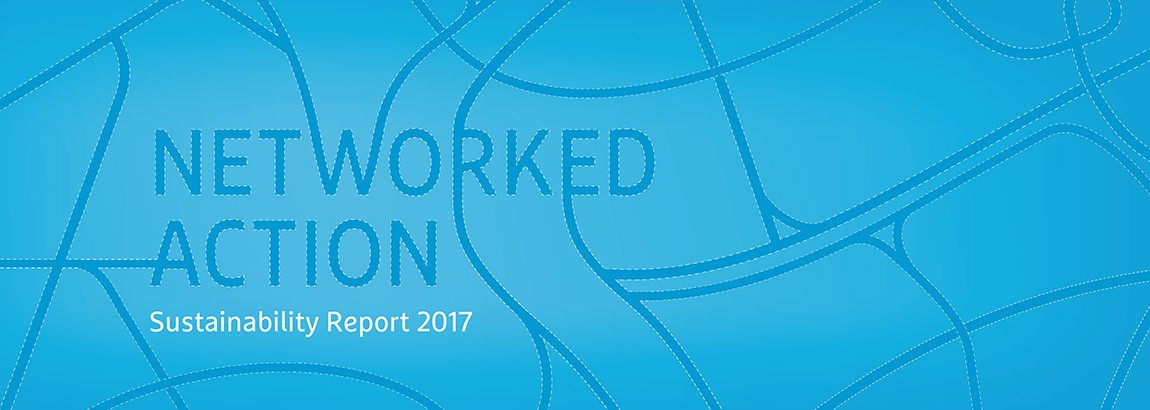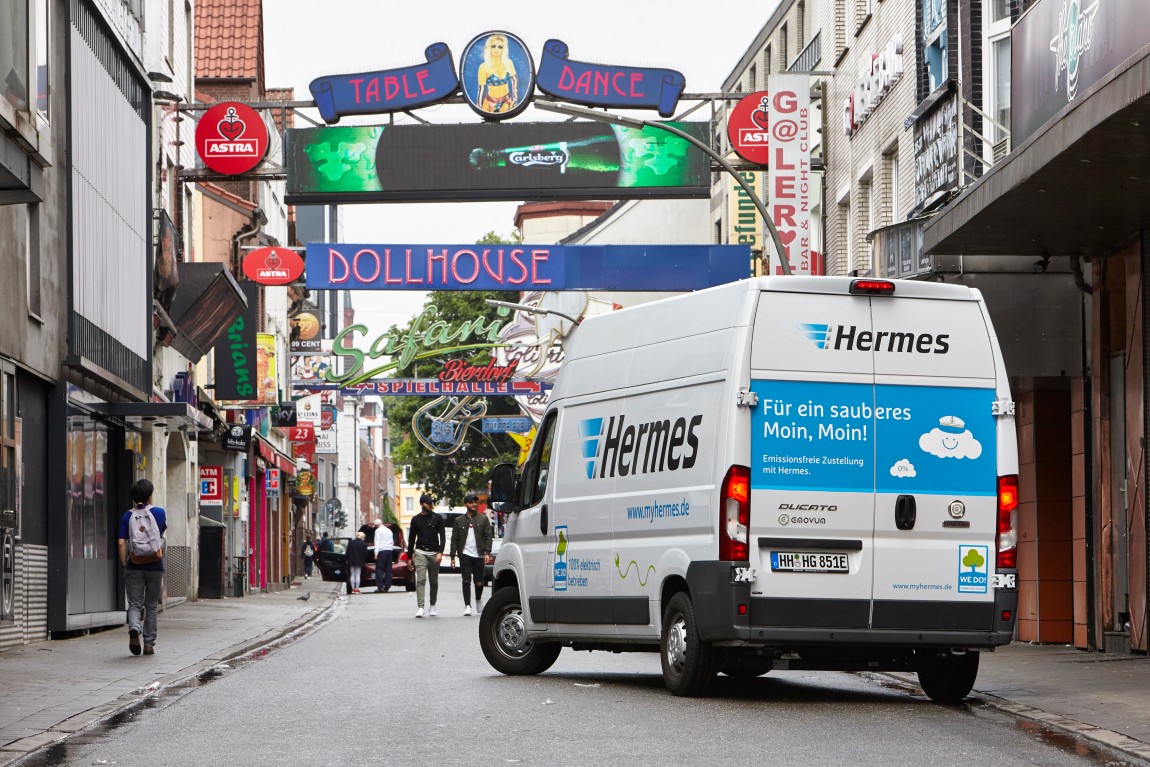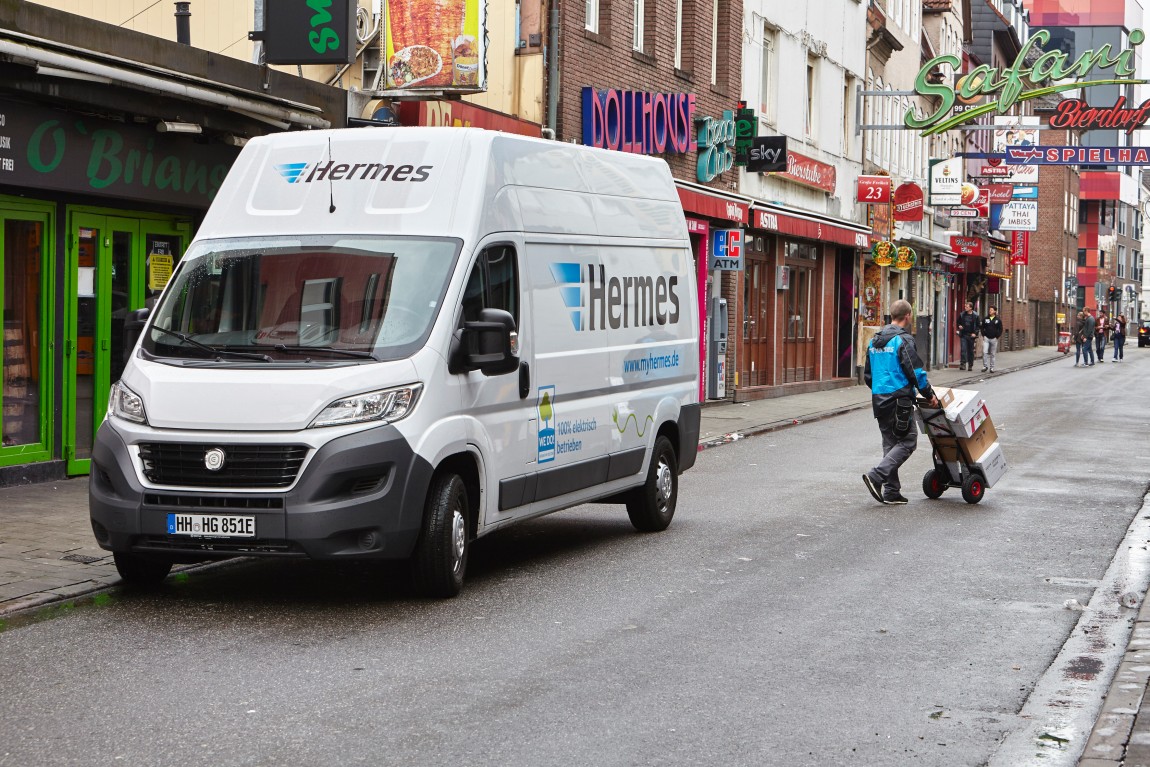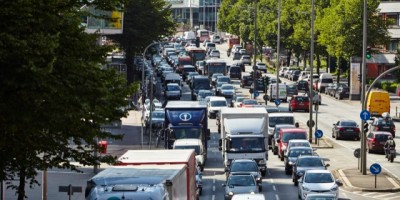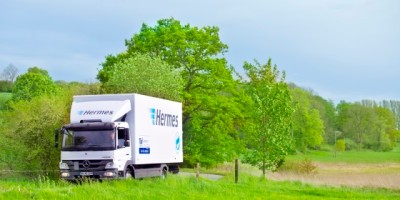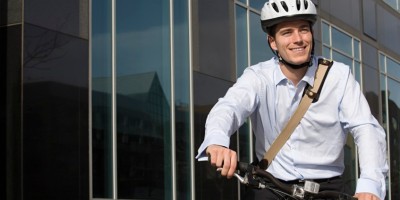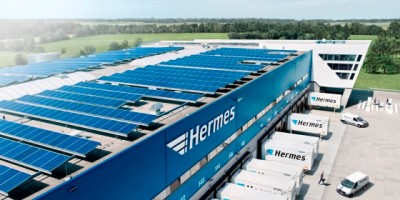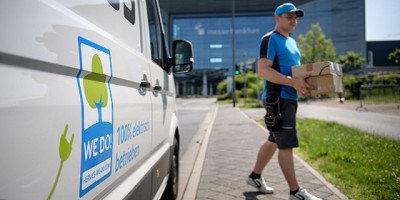Best cases
Protecting our climate: Projects from the Hermes world
Vehicle conversion: electrically through Hamburg
Since June 2017, Hermes Germany has had six particularly climate-friendly vehicles in service in the Hanseatic city of Hamburg.
The Fiat Ducato-based vans were completely converted by e-mobility specialists emovum - from combustion engines to electric drive. Overall, six e-Ducatos are being deployed in different parts of the city, each of which have a range of up to 120 km. Thanks to this cooperation, Hermes is pushing ahead with its ambitious climate and environmental protection goals.
Find out more: Selection of current projects on electromobility
Helicopter deployed at the logistics centre:
Hermes Fulfilment installs cogeneration plant in Ohrdruf
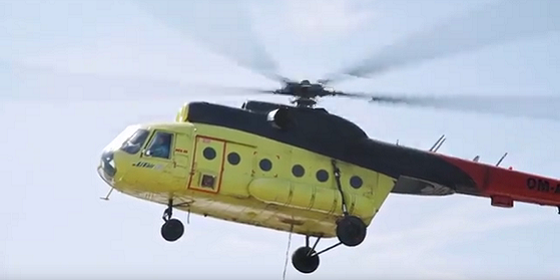
Running on natural gas, the plant covers up to 55 percent of the electricity and about 66 percent of the heating requirements at the site. It is based on the principle of cogeneration. “This means that we use the waste heat generated during power generation to heat the centre and provide hot water," explains project engineer Jörg Zeise. Since the logistics centre consumes 100 percent of the electricity and heat generated, the operation of the combined heat and power plant is having a direct impact on the site’s carbon footprint with the new plant reducing CO2 emissions by 20 percent, a saving of about 800 tons of greenhouse gases annually. According to calculations by the climate protection organisation, this corresponds to Atmosfair the amount of carbon dioxide a passenger causes when flying 230 times from Frankfurt to New York and back.
CO2-neutral dispatch in 2-man handling
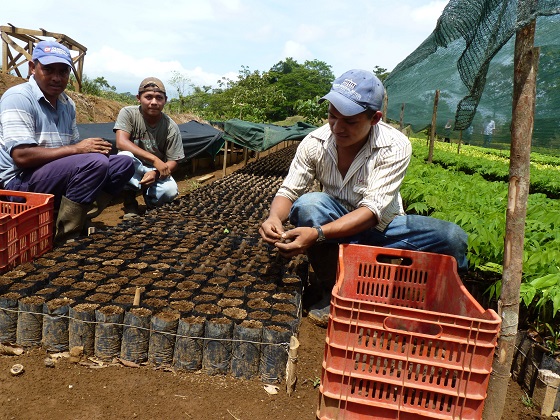
This includes all emissions caused by travel activities (cars, air travel, rail travel) and at our own sites (administration buildings, hub operations, field offices). In total, HES compensated 1,900 tonnes of CO2 emitted in 2016.
In addition, HES is offering its shippers the possibility of having consignments delivered at zero-emission levels: emissions caused during the transport of the goods are compensated by supporting gold standard carbon offset projects.
In this way, emissions are avoided and CO2 in the atmosphere reduced through measures that on the one hand generate a high environmental benefit, but also bring advantages for the local population and the development of the respective region: in other words, a kind of ‘green development aid’.
The emission values to be compensated are determined individually for each consignment based on the kilometres travelled and the weight and the volume of the consignments. The corresponding certificates are then acquired based on these calculations.
HES has decided to acquire certificates to support the following three Gold Standard carbon offset projects: reforestation of the rainforest in Costa Rica, production and distribution of efficient stoves in Mali and rehabilitation of well systems in Malawi.
